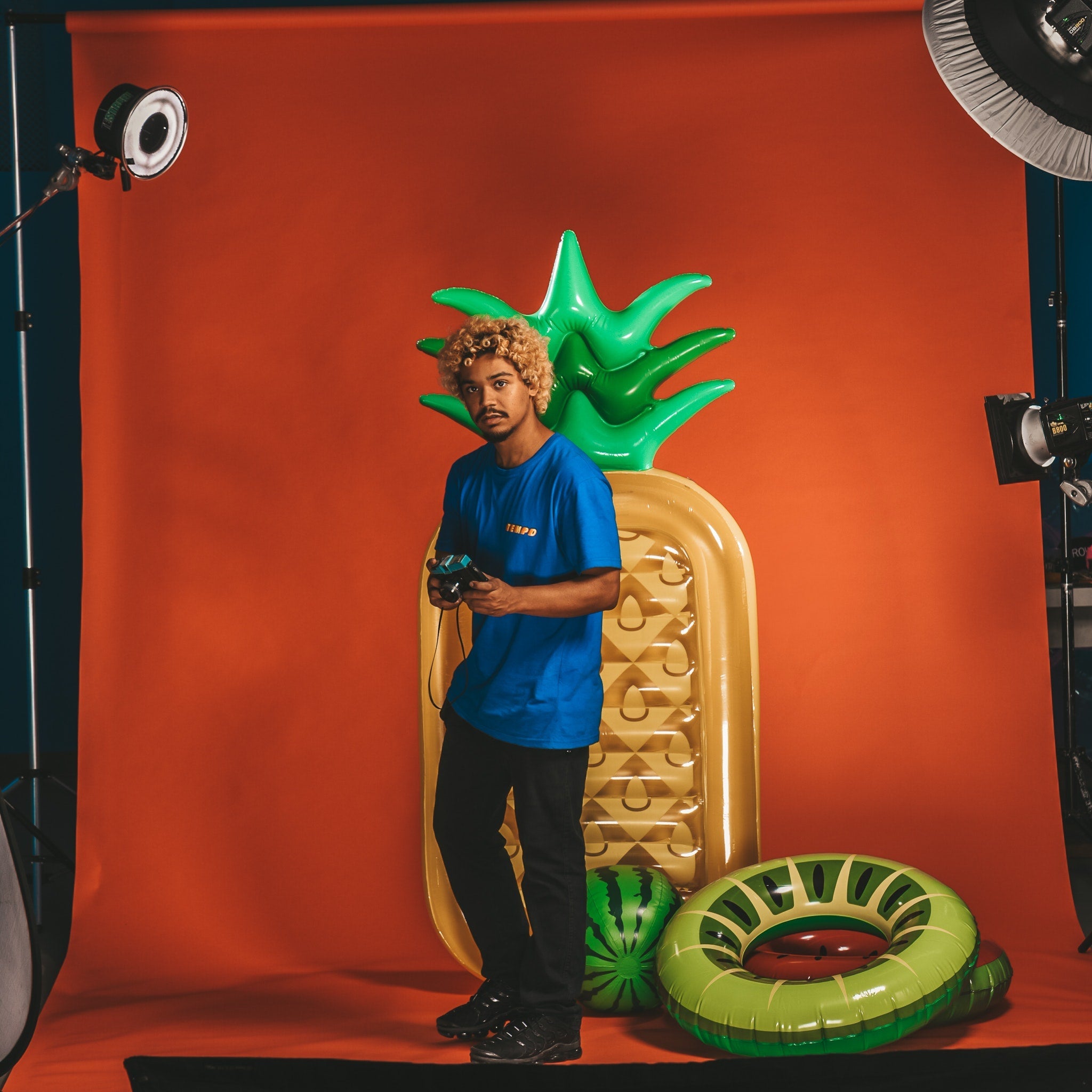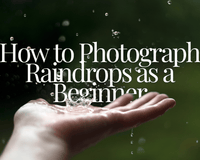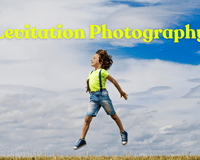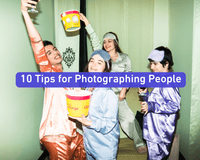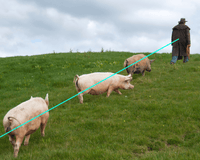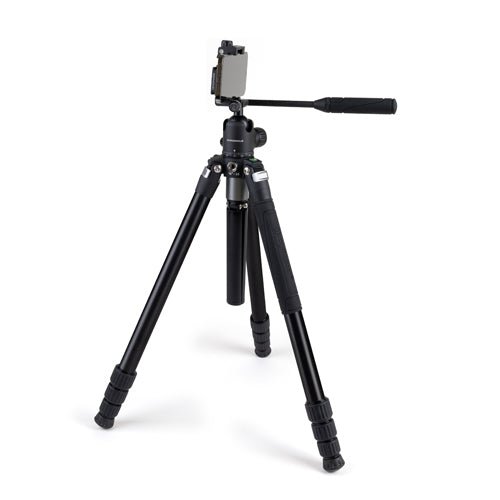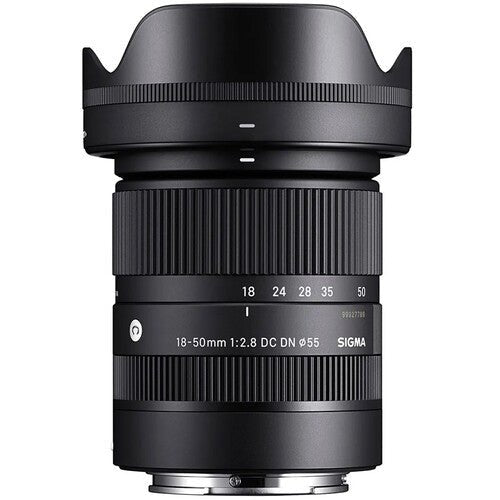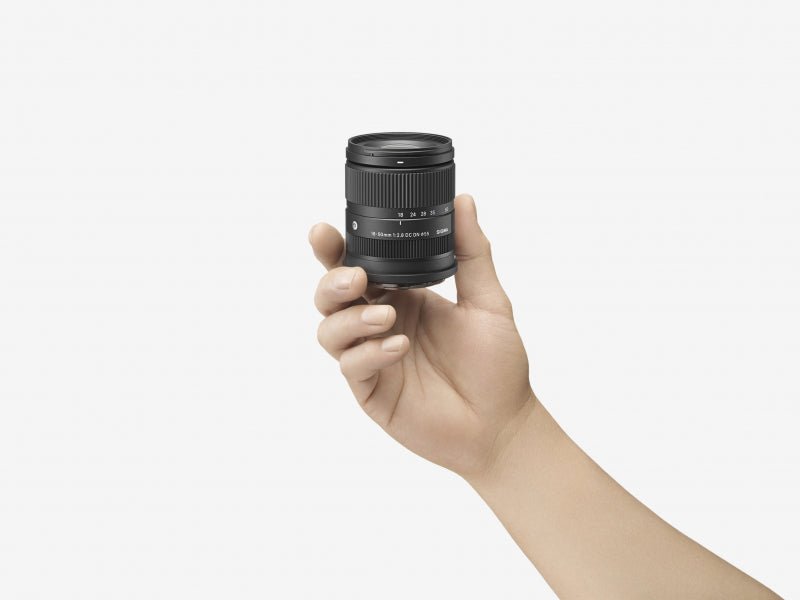Camera settings are not a size fits kinda' of thing. The camera settings you choose are based on personal preference and your environment.
And, since every photographer has their own opinion on settings, this will be an exciting topic to cover
However, the camera's aperture setting is different to me. Especially when it comes to taking portraits. The settings you choose boil down to how in focus you want one subject or all of your subjects to be in the photograph.
The best aperture for portraits to use are the following:
• f/8 or more for large group portraits.
• f/4 for small group portraits.
• f/2-f/3.2 for portraits with a couple.
• f/2-f/2.8 for portraits of one person.
Understanding Aperture Settings
Remember, the lower your f-stop is, the more light you are allowing to reach your camera sensor. Your aperture is one of the more crucial camera settings you will use besides your ISO and shutter speed. Your aperture is ultimately the determining factor for how bright or dark your photo will turn out and what will be in focus.
Now that you have my recommendations, I should explain why each of these is the best aperture setting for portraits.
Understanding why these apertures are best is perfect for your photography knowledge.
You don't want to know what works but why it works - comprehending the ins and outs of your camera will make you a better photographer.
f/8 or More Aperture for Large Group Portraits
Large group portraits consist of 7 or more people. These can be photos like a large wedding party, extended family reunion shots, high school reunion shots, class photos, you get the picture.
For these, you will want to squeeze in many people, and you will want a narrow aperture. You will also need to make sure each smiling face is focused (that is a lot to focus on!).
When you squeeze people in, you are most likely staggering everybody or having to have some sit while others stand. Doing this ensures you aren't cutting anybody off at the ends. Since you will be using the staggered method, it will be best to have that higher f-stop so that everyone has a shot at being in focus.
If everyone was in just one straight row, you could have a lower-f-stop.
f/4 Aperture for Small Group Portraits
A small group portrait is closer to 4 people, give or take. An example of this is parents and their two kids or a close group of best friends.
An f/4 aperture should be perfect for portraits with this many people. Using this will allow for all people in the photograph to be in focus. If your aperture is too wide, you risk someone getting out of focus.
f/2-f/3 Aperture for Portraits of Couples
We all know what a couple is. Two love birds, best friends, mommy and me, and so on. Any group of two people is a couple portrait.
Since two people mean there is still another face to focus on, we aren't going to drop the aperture by too much, but by one or two points.
Experiment between f/2 to f/3 to get the best clarity. However, there are times when you might want to have one person's face a bit out of focus. I've seen this a lot with maternity shoots. The photographer will focus on the mother while the father is a bit out of focus behind her. Doing this will give a romantic and dreamy approach to the shot.
f/2-f/2.8 Aperture for Portraits of One Person
Portraits of one person are much more straightforward than the ones above. When you only have one person to focus on, it takes some pressure off. You can experiment a bit more with the aperture setting for single-person portraits. Start with an aperture of f/2.8 and work your way down from there. You may even go lower than f/2, but generally, you will stay between and f/2.8.
If you use a wide aperture, you will get a nice-looking depth of field, and this depth of field will make your subject stand out against the background.
With this guide, you won't have to worry about fiddling with your aperture right before a shoot. Using the recommended aperture settings above will help you reach the clarity and look you want to achieve quickly in your portraits.
However, always use your best judgment when you pick the aperture.
Related article: Best Shutter Speed for Portraits
Related article: Best ISO for Portraits
Related article: How to Shoot Portraits at Night
Related article: How to Set up a Portrait Studio at Home
Related article: Portrait Photography Tips Every Photographer Should Know - 10 Tips

